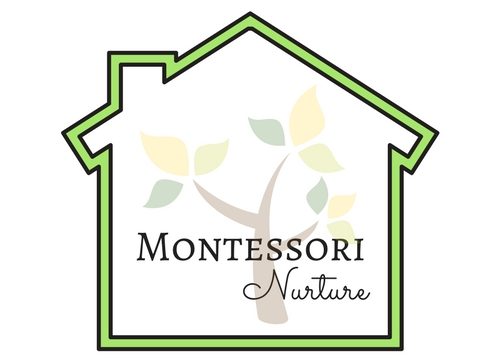My mother used to tell me after the birth of my first son, “You’ve got it easy.” I have to admit I found this piece of information a bit irritating. The truth is, I really did have it easy. My baby was generally quiet, content and met all the developmental milestones on time. Then he turned into a toddler and his brother came along.
I have a vivid memory of being at the mall with my two boys, ages 2 and 3. I think I just wanted to look for some new curtains. We weren’t there long but by the end of the shopping trip I was carrying two screaming children out of the store, one under each arm like footballs. Not my most glorious parenting moment.
I have quite a few of these unglamorous parenting memories now that my children are in their early twenties. Most parents do. Many of these baffling behavioral conflicts with my children occurred when they were toddlers and preschoolers. During the early years we get used to our children needing us and we sometimes forget that children begin the long journey to adult independence during the toddler and preschool years by starting to have a will of their own.
Children learn from their environment. Maria Montessori called the young child’s ability to pick up information from her environment the ‘Absorbent Mind’. We often hear people talking about children ‘soaking up information like a sponge’. It’s the same thing. Young children have a special ability to learn things unconsciously. It is the only time in our lives that we can and do.
Children also want to be independent beings from the time they begin to scoot across the floor. It is our job as parents and caregivers to help our children become competent, self-disciplined and independent by providing them with a safe and nurturing environment. We need to make sure we understand our children’s development (cognitive and physical) in order to provide them with the proper tools at the proper time.
Parenting is a long term commitment (I’ve been doing it for 22 years, I should know!). As our children grow and change and we struggle to keep up, having a few ‘tricks of the trade’ in our back pocket will help make those rough times more manageable. The book Positive Discipline for Preschoolers by Nelsen, Erwin and Duffy is a great place to start. So what is Positive Discipline?
- Mutual respect
- Understanding the belief behind the behavior
- Effective Communication
- Understanding a child’s world
- Discipline that teaches
- Focusing on solutions instead of punishment
- Encouragement
- Children do better when they feel better
This is quite a list! In the next few weeks and months I’ll expand on these key points to help you better understand how to help your children. For now, let me give you an example from this past year.
Susan (age 4) entered my preschool classroom in tears one morning. The 8th grader who walked her from her car told her, “You’re ok.” The teacher next door gave her a sticker to help her feel better. She was sobbing so she clearly wasn’t ok and wasn’t feeling better. When she entered the room I took her into my lap and we had this conversation:
“You look so sad. Can you tell me what happened?”
(Through her sobs) “My grandma unbuckled my car seat.”
“Oh, you are sad because your grandma unbuckled your car seat and you wanted to do it yourself.”
“Yes.”
“I can tell that makes you very sad.”
(nods)
“I know you know how to unbuckle your carseat yourself.”
“I do.” (sobs have ceased)
“What could you say to your grandma next time?”
“I could tell her I want to unbuckle my carseat.”
“That sounds like a good solution. Would you like me to walk with you to the coat closet so you can hang up your coat and backpack?”
“Yes!” And our day went merrily on it’s journey.
This interaction might not seem like discipline in the traditional sense of the word. Let’s break it apart a little. I have to admit that when my children were young my response to them in this situation might have been more like the 8th grader’s. ‘You’re ok.’ After all, this situation isn’t really a big deal. Who cares about the car seat unbuckling. Grandma was probably in a hurry. Well…Susan cared. In her 4 year-old world buckling and unbuckling her car seat is a big deal. She probably hasn’t been able to do it for very long and it makes her feel competent and independent and just like her older brothers when she does it. We call that self esteem. And someone (not on purpose, of course) took that away from her. The teacher who gave her a sticker did so out of love and concern. She wanted to be able to make the child feel better because it hurts us when someone we care about is hurting. Unfortunately, we can not resolve issues and emotions through gifting. It doesn’t get to the root of the problem. Using the tenets of Positive Discipline paired with the Montessori philosophy shows us that by understanding the belief behind the behavior, treating the child with respect, understanding her world (and developmental stage) and providing her with empathy allowed her to feel heard and understood and ultimately to get on with her day. She also had a possible solution for the next time!
I have experiences like this with my young students all the time. I’m sure you can relate! By using Positive Discipline within our families we will not eliminate frustrations or tantrums but we will have the tools to handle them with confidence and to help our children become confident and capable.
